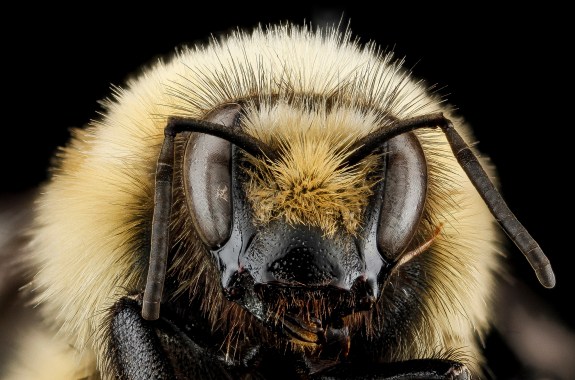Radio
Listen to Science Friday live on Fridays from 2-4 p.m. ET
April 18, 2025
Are traffic engineering decisions based on evidence-based research? Not as much as you might think. Plus, researchers captured the first confirmed video of a colossal squid swimming in its natural habitat. And, with brain-implanted devices, people with paralysis have been able to command computers to “move” virtual objects and speak for them.
8:20
Total Meltdown: The Rate of Ice Cream Collapse
A food scientist explores how the microstructure of ice cream controls the rate at which it melts.
8:23
Why Do Screams Make You Shudder?
Human screams have a unique audio quality not found in other types of speech.
12:22
‘Biological Aging,’ Debunking Signs of Cometary Life, Triceratops Kin
Rachel Feltman of “The Washington Post” joins us for a roundup of the top science stories this week.
17:43
New Horizons Prepares for Pluto Close-Up
The New Horizons probe is about to capture its prize: a close-up of Pluto.
9:47
Is Climate Change the Plight of the Bumblebee?
Climate change has caused bumblebee habitats in North America to retreat by as much as 190 miles in some areas.
6:51
Lollipops Meet Lasers in This Lab
Science documentary producer Emily Driscoll stopped by a Willy Wonka-like math lab to see what lollipops can teach us about fluid dynamics.
12:02
Forget-Me-Not: How Prions Maintain Memory
Nobel Laureate Eric Kandel discusses the role of prions in maintaining long-term memories.
28:04
The Ultimate Geek Road Trip
“The Geek Atlas” author John Graham-Cumming helps us plot the ultimate geek road trip, with sites spanning the history of science, technology, and mathematics.
5:14
Astronomers Play Hide-and-Seek with Supermassive Black Holes
Researchers estimate that there are millions of supermassive black holes hidden in the universe.
12:23
These Brains Changed Neuroscience
In “The Tale of the Dueling Neurosurgeons,” science writer Sam Kean explains how the field of neuroscience emerged from stories of brains gone awry.


